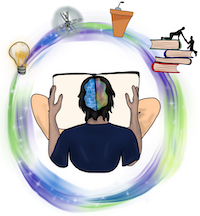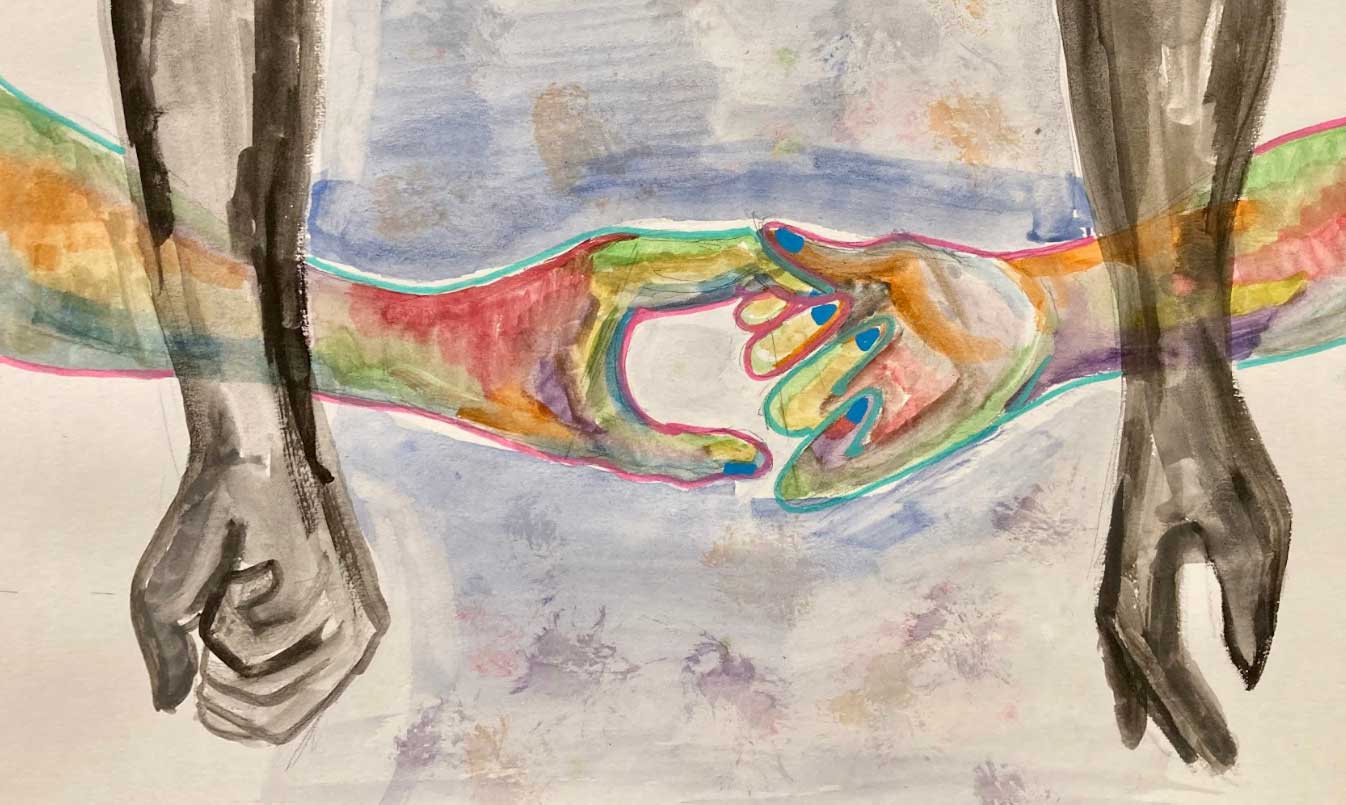Raison d'être des services aux élèves doués
Acknowledging that students learn at different speeds and that they differ widely in their ability to think abstractly or understand complex ideas is like acknowledging that students at any given age aren’t all the same height. It is not a statement of worth, but of reality (Tomlinson, 2001a, p. viii).
Despite such variability across the student population, the instructional curriculum targets mainstream learners (68% of the student population) while special service is most often provided to the low end of the distribution. Rarely, if ever, an accommodation is made for the upper level of ability (Davis, Rimm, & Siegle, 2010). Gifted and Talented (GAT) students also have special needs and special problems. They also have immense talent to lend to society. Such students are a tremendous natural resource, and we owe it to them and to society to nurture their ability and prepare tomorrows leaders and professional talent.
What happens to these students? The reality is that the majority of GAT students are sitting in their classrooms, bored, patiently waiting for their peers to master the skills and concepts they have already mastered a year, or two before - their abilities are unrecognized, and their needs are unmet. Some find school intolerable, creating excuses to avoid the trivial, and many develop poor learning habits because of the slow pace and lack of challenge. Some give up school and drop out of school as soon as they are legally able to. The price of such a quiet crisis results in a loss of academic interest, potential enthusiasm for educational success, and professional achievement.
The Nation at Risk report by the National Commission on Excellence in Education reported that over half the population of gifted students do not match their tested ability with comparable achievement in school. It is not only the gifted students who would benefit from specific programs that nurture their talent, but also teachers involved with gifted students. Teachers of the gifted become better educators and their skills further benefit regular students. The society is also benefiting. It is today’s GAT students who will become tomorrows political leaders, medical researchers, journalists, innovative engineers.


